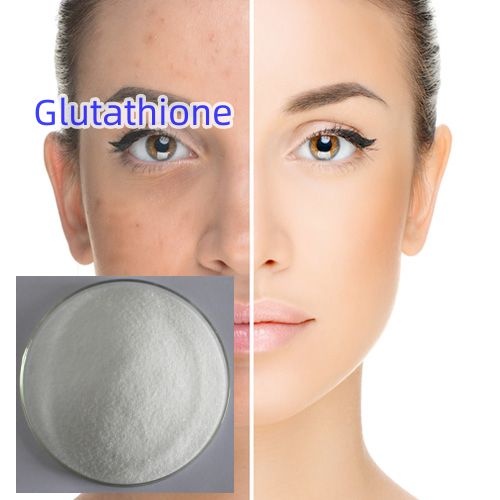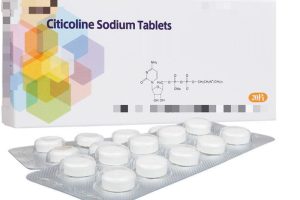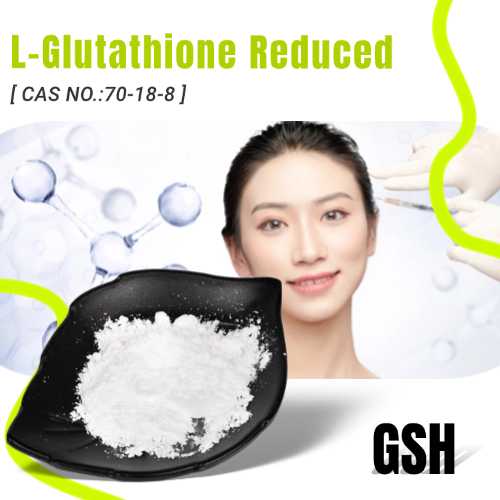Glutathione (GSH) is a naturally occurring antioxidant produced by the liver and central nervous system that is said to help metabolize toxins, break down free radicals, support immune function, and more.
Researchers have explored its potential use for diseases such as cystic fibrosis, chemotherapy-related toxicity, and Parkinson’s disease.
There is currently insufficient scientific evidence to support its use for the prevention or management of any health condition.
In the United States, the Food and Drug Administration (FDA) regulates dietary supplements differently than prescription drugs. Therefore, some supplement products may not contain the ingredients claimed on the label.
The claimed use of glutathione
Supplement use should be on an individual basis and evaluated by a healthcare professional, such as a registered dietitian, pharmacist, or healthcare provider.
No supplement can be used to treat, cure or prevent disease.
Decreased glutathione is thought to be associated with certain health conditions, such as neurodegenerative diseases (such as Parkinson’s disease), cystic fibrosis, age-related diseases, and the aging process.
However, this does not mean that supplementation with glutathione is necessarily helpful for these conditions.
1. Cystic fibrosis
Research suggests that inhaled or oral glutathione may help improve lung function and nutritional status in people with cystic fibrosis.
2. Chemotherapy side effect
A systematic review analyzed the effects of antioxidants on chemotherapy-related toxicity, with 11 studies involving glutathione supplementation.
Intravenous (IV) glutathione may be used in combination with chemotherapy to reduce the toxic side effects of chemotherapy.
In some cases, it may help patients complete their entire chemotherapy regimen. But more research is needed to confirm its role.
3. parkinsonism
In one study, patients with Parkinson’s disease who were given 600 mg of intravenous glutathione daily (twice daily for 30 days) showed significant improvement in their symptoms.
However, the study had a small sample size of just nine participants, so further research is needed.
Glutathione deficiency
Glutathione is not considered an essential nutrient because it can be synthesized from other amino acids in the body.
Low levels of glutathione in the body may be associated with poor nutrition, environmental toxins, stress, and aging.
Studies have found that low levels of glutathione may increase the risk of cancer, diabetes, hepatitis and Parkinson’s disease.
However, this does not mean that supplementation with glutathione will reduce the risk of these diseases.
Because glutathione levels in the body are not usually measured, there is currently less information about the effects of glutathione deficiency.

The components of glutathione include glycine, L-cysteine and L-glutamic acid.
Side effects of glutathione
Due to limited research, there is little information about the side effects of glutathione supplements.
No side effects have been reported from consuming higher doses of glutathione from the diet.
However, studies have shown that the use of glutathione supplements may cause abdominal cramps, bloating, or allergic reactions, such as rashes.
In addition, some people with mild asthma experience difficulty breathing after inhaling glutathione.
If these side effects occur, you should stop taking them and consult your healthcare provider.
Long-term use of glutathione supplements may reduce zinc levels in the body.
Matters needing attention
Glutathione supplements are generally considered safe.
However, due to the lack of sufficient data, it is not possible to determine whether it is safe for pregnant or breastfeeding women.
Therefore, glutathione supplements are not recommended for pregnant or nursing women.
Dose: How much glutathione should I consume?
There is currently insufficient scientific evidence to determine an appropriate glutathione dose.
Different studies have explored the dosage of glutathione in specific medical situations.
The appropriate dose for an individual may depend on a number of factors, including age, sex, and medical history.
In the study, the doses of glutathione used ranged from 250 to 1,000 mg per day.
One study found that taking at least 500 mg a day for two weeks effectively increased glutathione levels in the body.
In some cases, a healthcare professional will administer glutathione by intravenous (IV) method.
For some diseases, glutathione can also be administered by aerosol inhalation.
What happens when you take too much glutathione?
There is currently insufficient information to determine whether glutathione causes toxic effects.
interaction
There is currently not enough data to suggest that glutathione can interact with certain medications or other supplements.
How to store glutathione
Follow the manufacturer’s instructions for storage. Different types of supplements may have different storage requirements.
Keep medications and supplements out of reach of children.
Similar supplement
Glutathione can be taken as a single supplement or may be combined with other ingredients.
In addition, supplementation with other nutrients may help increase glutathione synthesis in the body, including:
- selenium
- Vitamin C
- N-acetylcysteine (NAC)
- Silymarin (milk thistle extract)
Source and selection guide of glutathione
Glutathione can be obtained from certain foods, such as fruits and vegetables.
A study published in the journal Nutrition and Cancer found that glutathione is generally low in dairy products, cereals and breads, while fruits and vegetables have moderate to high glutathione.
Fresh meat is relatively high in glutathione.
In addition, it can be ingested as a dietary supplement (capsule, liquid, or topical form) or obtained by intravenous injection (IV).
Foods rich in glutathione
Good food sources of glutathione include:
- broccoli
- cauliflower
- cabbage
- Brussels sprouts
- Onion and garlic
- asparagus
- Potato
- Sweet pepper
- carrot
- avocado
- Pumpkin
- spinach
- muskmelon
Glutathione supplement
Glutathione dietary supplements and personal care products are available online and in many natural food stores, pharmacies, and vitamin specialty stores.
Choose a supplement that has been independently tested to ensure that its content is consistent with label claims and that it is free of contaminants. Products with USP, NSF, or ConsumerLab certification usually have passed testing.












